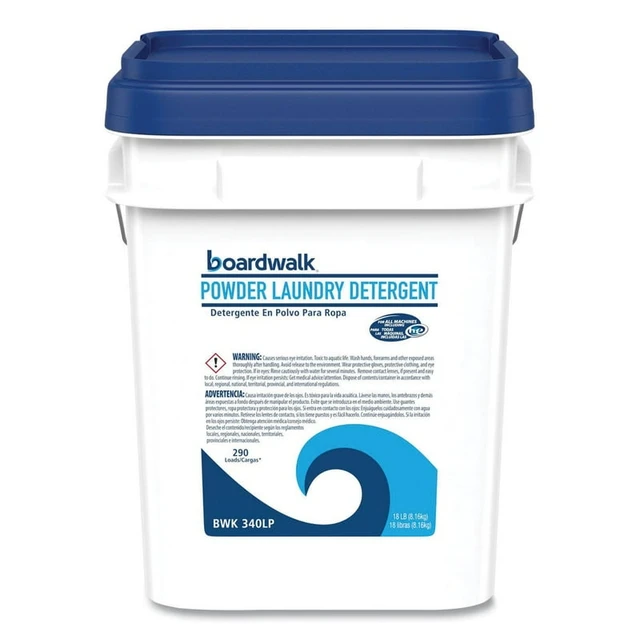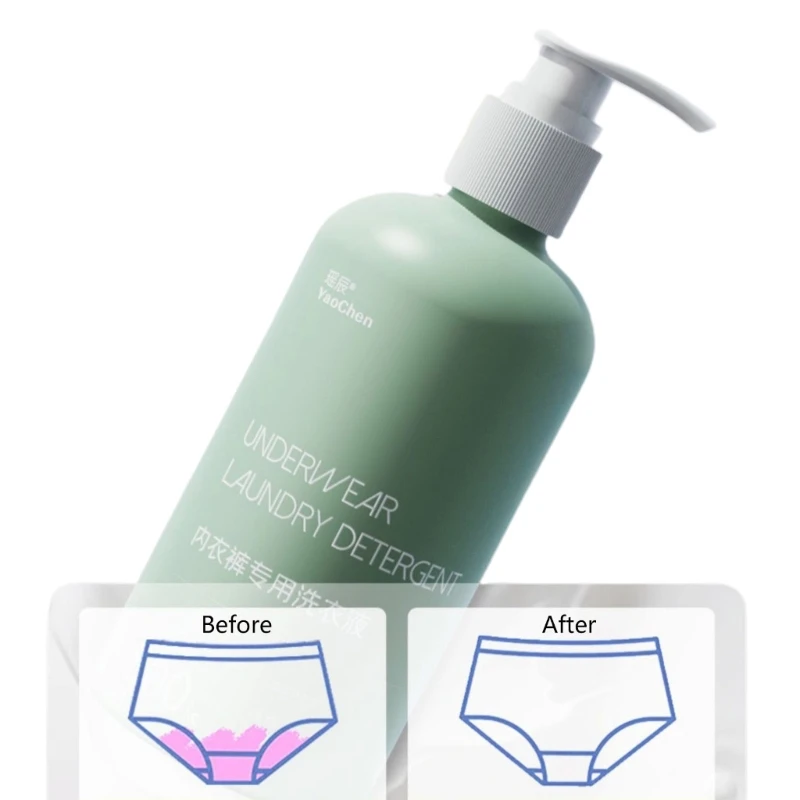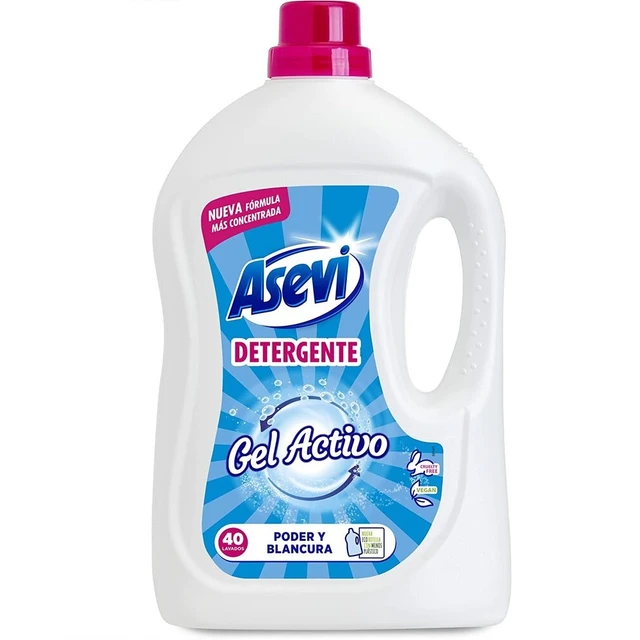 Introduction:
Introduction:
Laundry detergent is an essential product for keeping our clothes clean and fresh. However, for some individuals, exposure to certain ingredients in laundry detergent can lead to allergic reactions. Allergy symptoms can range from mild skin irritations to more severe respiratory problems. In this comprehensive guide, we will explore the symptoms of laundry detergent allergies, discuss common allergens in detergents, and provide tips for managing and preventing allergic reactions. By understanding the symptoms and taking appropriate measures, you can maintain clean clothes without compromising your health.
Here are some common types of laundry detergent:
There are several types of laundry detergent available on the market. Here are some common types of laundry detergent:
Powder Detergent:
Powdered laundry detergents have been around for a long time and are typically sold in cardboard boxes or plastic containers. They are effective in removing stains and dirt but may require pre-dissolving in water before adding them to the washing machine.
Liquid Detergent:
Liquid laundry detergents are popular for their ease of use. They come in bottles with measuring caps or dispensers, making it convenient to pour the desired amount directly into the washing machine. Liquid detergents are effective in cleaning clothes and often contain additives like stain removers or fabric softeners.
Pods or Laundry Packs:
Laundry pods or packs are pre-measured, single-use detergent capsules. They contain a concentrated detergent formula encased in a dissolvable film. Pods are convenient and eliminate the need for measuring, but it’s crucial to follow the instructions and keep them out of reach of children.
High-Efficiency (HE) Detergent: High-efficiency detergent is specifically designed for use in high-efficiency washing machines. These machines use less water and require a low-sudsing detergent to function properly. HE detergents are formulated to provide effective cleaning with minimal sudsing.
Allergen-Free or Hypoallergenic Detergent:
Allergen-free or hypoallergenic detergents are specifically formulated to minimize potential allergens and irritants. They are suitable for individuals with sensitive skin or allergies and are often free from fragrances, dyes, or harsh chemicals.
Eco-Friendly or Natural Detergent:
Eco-friendly or natural laundry detergents are made with plant-based or biodegradable ingredients. They aim to minimize environmental impact by using sustainable production methods and reducing chemical additives. These detergents may be free from artificial fragrances, dyes, or phosphates.
Detergent for Specific Fabrics:
Some laundry detergents are formulated specifically for certain fabrics or garments. For example, there are detergents designed for dark or black clothes to help maintain color intensity. Delicate fabric detergents are gentler and ideal for washing silk, wool, or other delicate fabrics.
When choosing a laundry detergent, consider factors such as the type of washing machine you have, individual preferences, specific fabric care requirements, and any allergies or sensitivities. It’s important to follow the manufacturer’s instructions for optimal usage and cleaning results.
Common Symptoms of Laundry Detergent Allergies:
Skin Irritation:
Skin rashes, redness, itching, and hives are common symptoms of laundry detergent allergies.
These symptoms may occur on areas of the body that come into contact with the detergent, such as hands, arms, or legs.
Respiratory Issues:
Some individuals may experience respiratory symptoms as a result of laundry detergent allergies.
These symptoms can include coughing, wheezing, chest tightness, shortness of breath, or difficulty breathing.
Eye and Nasal Irritation:
Allergic reactions to laundry detergent can cause eye redness, itching, and tearing.
Nasal congestion, sneezing, or a runny nose may also occur.
Common Allergens in Laundry Detergents:
Fragrances:
Fragrances are a common allergen in laundry detergents and can cause skin, respiratory, and eye reactions.
Artificial perfumes and fragrances added to detergents can trigger allergic responses in sensitive individuals.
Surfactants:
Surfactants, such as sodium lauryl sulfate (SLS) or sodium laureth sulfate (SLES), are used in detergents to aid in the removal of dirt and stains.
Some individuals may develop allergic reactions to these surfactants.
Enzymes:
Enzymes, such as proteases or amylases, are added to detergents to break down protein-based stains or starches.
In some cases, allergic reactions can occur as a result of exposure to these enzymes.
Laundry detergent to wash clothes and prevent allergies
When using laundry detergent to wash clothes and prevent allergies, follow these guidelines:
Choose a Hypoallergenic Detergent:
Opt for a laundry detergent specifically labeled as hypoallergenic or suitable for sensitive skin. These detergents are formulated to minimize potential allergens and irritants, making them less likely to cause allergic reactions.
Read and Follow Instructions:
Carefully read the instructions provided on the detergent packaging. Follow the recommended dosage for your specific load size, water hardness, and washing machine type to ensure effective cleaning without using excessive detergent.
Pre-rinse if Necessary:
If you have particularly sensitive skin or are concerned about allergens, consider pre-rinsing your clothes before washing. This can help remove any remaining detergent residue that may trigger allergies.
Avoid Overloading the Washing Machine:
Overloading the washing machine can prevent proper rinsing and increase the likelihood of detergent residues clinging to clothes. Follow the manufacturer’s guidelines for load capacity and avoid overcrowding the machine.
Double Rinse:
Consider using an extra rinse cycle to ensure that all detergent residues are thoroughly removed from the clothes. This can help minimize the risk of skin irritation or allergic reactions caused by leftover detergent.
Use a Gentle Cycle:
Opt for a gentle or delicate wash cycle, especially for sensitive skin or delicate fabrics. This can help reduce the agitation and potential skin irritations caused by more aggressive washing cycles.
Avoid Excessive Heat:
Higher washing temperatures can cause some detergents to release more allergenic substances. Use cooler water temperatures as recommended for your fabrics to minimize the risk of allergic reactions.
Consider Allergen-Free Fabric Softeners:
If you use fabric softeners, choose those specifically labeled as allergen-free or suitable for sensitive skin. Some fabric softeners can contain fragrances or other ingredients that may trigger allergies or skin irritations.
Rinse and Dry Thoroughly:
After completing the wash cycle, ensure that the clothes are adequately rinsed and remove them promptly from the washing machine. Thoroughly dry the clothes to prevent dampness, which can lead to mold or mildew growth and potentially cause allergies.
Test for Sensitivity:
If you have known allergies or sensitive skin, consider performing a patch test on a small, less visible area of clothing before washing the entire load. This can help identify any potential allergic reactions before exposing your skin to the detergent.
By following these precautions and using hypoallergenic detergents, you can reduce the risk of allergic reactions and protect your skin while still effectively cleaning your clothes.
Conclusion:
Laundry detergent allergies can cause a range of symptoms, from skin irritations to respiratory issues. Fragrances, surfactants, and enzymes found in laundry detergents are common allergens that trigger allergic reactions in sensitive individuals. Managing and preventing allergic reactions involve conducting patch tests, switching to fragrance-free or hypoallergenic detergents, reading labels to avoid allergens, wearing protective gloves, and rinsing clothes thoroughly. If symptoms persist or worsen, seeking medical advice is recommended. By taking appropriate measures and choosing the right products, you can maintain clean and fresh laundry without compromising your health.


